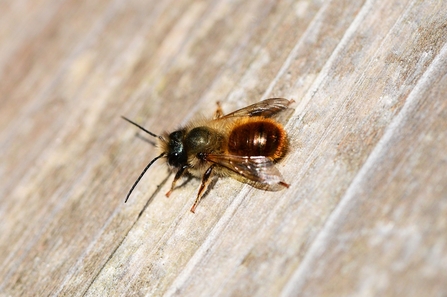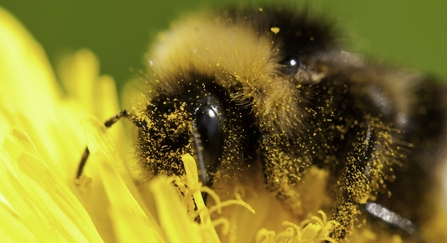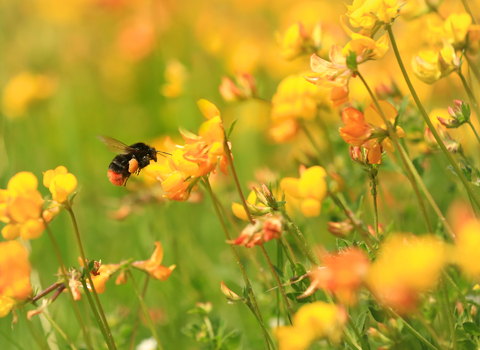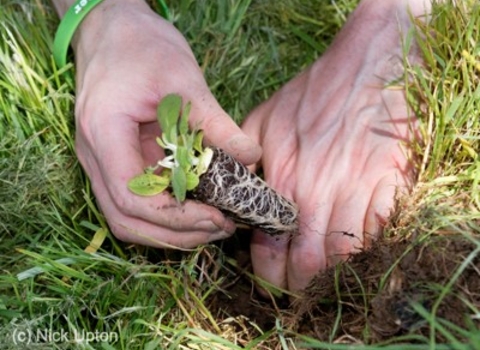Blog written by Young Ambassador Laura D'Ambrosio
Out of over 270 species of bee in the UK, we have already lost 13, with another 35 at risk. This poses a serious risk to our future food supply, and the preservation of our natural resources. We urgently need to address issues such as climate change, pesticides, monocrops and plant biodiversity to tackle this.
Part of the problem is lack of public awareness of wild bees’, rather than honeybees’ extinction. The public doesn’t know how to help. People are taking up beekeeping or supporting apiaries in the attempt to “save the bees”, when out of all bee species, honeybees are in the least danger.






